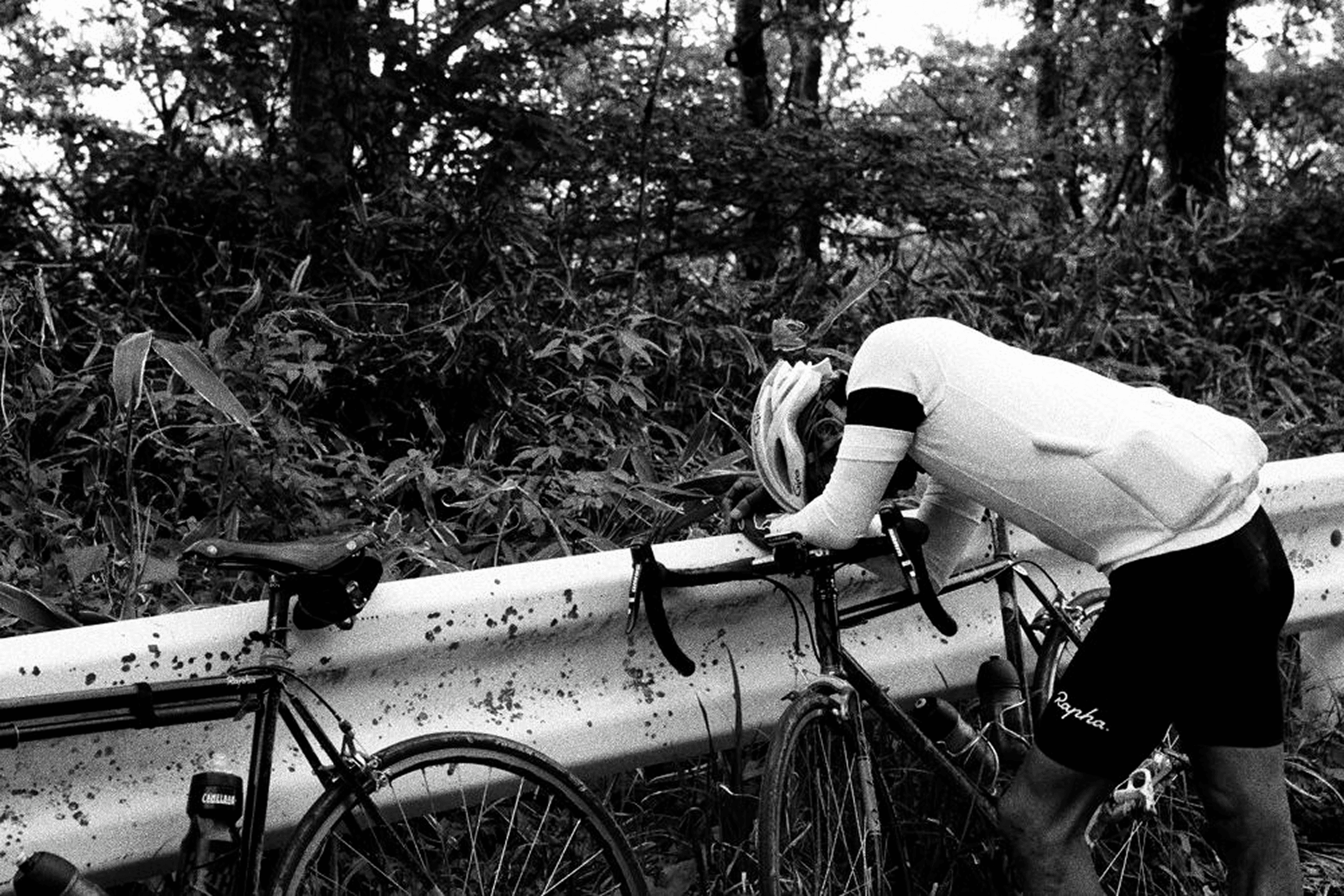A new year, the same resolutions

Jan 1, 2023

A new year, the same resolutions
Jan 1, 2023

A new year, the same resolutions

Jan 1, 2023

New Year's resolutions are part of the New Year, just like spreading salt on the road, listening to the Top 2000 and eating too many oliebollen.
And although we all make them up again in good spirits, our resolutions are also a cause for skepticism. After all, it's time for a year full of energy, opportunities and challenges, but how do you make sure you don't put the same failed goals on the bucket list year after year at yet another New Year's party?
Nutrition and health are often high on the list of good intentions. Commonly heard are: 'snack less', 'lose weight' and 'exercise more'. Also "drink less alcohol," or "take better care of myself," appear on many a list.
Wondering how you can make it happen this year? Make it happen.
These days, almost everyone has an opinion about nutrition. The articles, books and research on nutrition and foods seem endless. Unfortunately, the nuances in the research titles are often missing and we read in the media only the most talked-about facts without the scientific context. Meanwhile, articles about sugar are clicked on Blendle more often than news stories about Syria, for example. So we are curious about information on nutrition, but can't see the forest for the trees and base ourselves on half-truths. This was also evident at a recent symposium where several dieticians reported that during a consultation, they spent more time debunking myths than putting together a balanced and complete diet.
Therefore, seize the new year not to rely on the most sensational messages about nutrition and diets, but choose to start working on a better diet in a structured way with a plan. Once the basics are in place, you can improve through adjustments to your nutrition before, during and after your training or competition. This approach allows plenty of time for improvement in your diet to take place and all your burning questions will be answered.
'Blue Monday,' by the way, seems to be the day when most good intentions disappear into the trash and we pick up where we left off on December 31. Although I read somewhere that the credibility of this message from 2005 is being questioned by various media outlets.
New Year's resolutions are part of the New Year, just like spreading salt on the road, listening to the Top 2000 and eating too many oliebollen.
And although we all make them up again in good spirits, our resolutions are also a cause for skepticism. After all, it's time for a year full of energy, opportunities and challenges, but how do you make sure you don't put the same failed goals on the bucket list year after year at yet another New Year's party?
Nutrition and health are often high on the list of good intentions. Commonly heard are: 'snack less', 'lose weight' and 'exercise more'. Also "drink less alcohol," or "take better care of myself," appear on many a list.
Wondering how you can make it happen this year? Make it happen.
These days, almost everyone has an opinion about nutrition. The articles, books and research on nutrition and foods seem endless. Unfortunately, the nuances in the research titles are often missing and we read in the media only the most talked-about facts without the scientific context. Meanwhile, articles about sugar are clicked on Blendle more often than news stories about Syria, for example. So we are curious about information on nutrition, but can't see the forest for the trees and base ourselves on half-truths. This was also evident at a recent symposium where several dieticians reported that during a consultation, they spent more time debunking myths than putting together a balanced and complete diet.
Therefore, seize the new year not to rely on the most sensational messages about nutrition and diets, but choose to start working on a better diet in a structured way with a plan. Once the basics are in place, you can improve through adjustments to your nutrition before, during and after your training or competition. This approach allows plenty of time for improvement in your diet to take place and all your burning questions will be answered.
'Blue Monday,' by the way, seems to be the day when most good intentions disappear into the trash and we pick up where we left off on December 31. Although I read somewhere that the credibility of this message from 2005 is being questioned by various media outlets.
New Year's resolutions are part of the New Year, just like spreading salt on the road, listening to the Top 2000 and eating too many oliebollen.
And although we all make them up again in good spirits, our resolutions are also a cause for skepticism. After all, it's time for a year full of energy, opportunities and challenges, but how do you make sure you don't put the same failed goals on the bucket list year after year at yet another New Year's party?
Nutrition and health are often high on the list of good intentions. Commonly heard are: 'snack less', 'lose weight' and 'exercise more'. Also "drink less alcohol," or "take better care of myself," appear on many a list.
Wondering how you can make it happen this year? Make it happen.
These days, almost everyone has an opinion about nutrition. The articles, books and research on nutrition and foods seem endless. Unfortunately, the nuances in the research titles are often missing and we read in the media only the most talked-about facts without the scientific context. Meanwhile, articles about sugar are clicked on Blendle more often than news stories about Syria, for example. So we are curious about information on nutrition, but can't see the forest for the trees and base ourselves on half-truths. This was also evident at a recent symposium where several dieticians reported that during a consultation, they spent more time debunking myths than putting together a balanced and complete diet.
Therefore, seize the new year not to rely on the most sensational messages about nutrition and diets, but choose to start working on a better diet in a structured way with a plan. Once the basics are in place, you can improve through adjustments to your nutrition before, during and after your training or competition. This approach allows plenty of time for improvement in your diet to take place and all your burning questions will be answered.
'Blue Monday,' by the way, seems to be the day when most good intentions disappear into the trash and we pick up where we left off on December 31. Although I read somewhere that the credibility of this message from 2005 is being questioned by various media outlets.
More Relevant Articles
Discover valuable training tips to enhance your cycling performance.
More Relevant Articles
Discover valuable training tips to enhance your cycling performance.
More Relevant Articles
Discover valuable training tips to enhance your cycling performance.

Ontdek vandaag nog je wielrenvermogen
Sluit je aan bij duizenden fietsers die hun prestaties hebben verbeterd met de trainingsplannen van JOIN.

Ontdek vandaag nog je wielrenvermogen
Sluit je aan bij duizenden fietsers die hun prestaties hebben verbeterd met de trainingsplannen van JOIN.
By joining, you agree to our Terms and Conditions and our Privacy Policy.

Ontdek vandaag nog je wielrenvermogen
Sluit je aan bij duizenden fietsers die hun prestaties hebben verbeterd met de trainingsplannen van JOIN.
By joining, you agree to our Terms and Conditions and our Privacy Policy.



